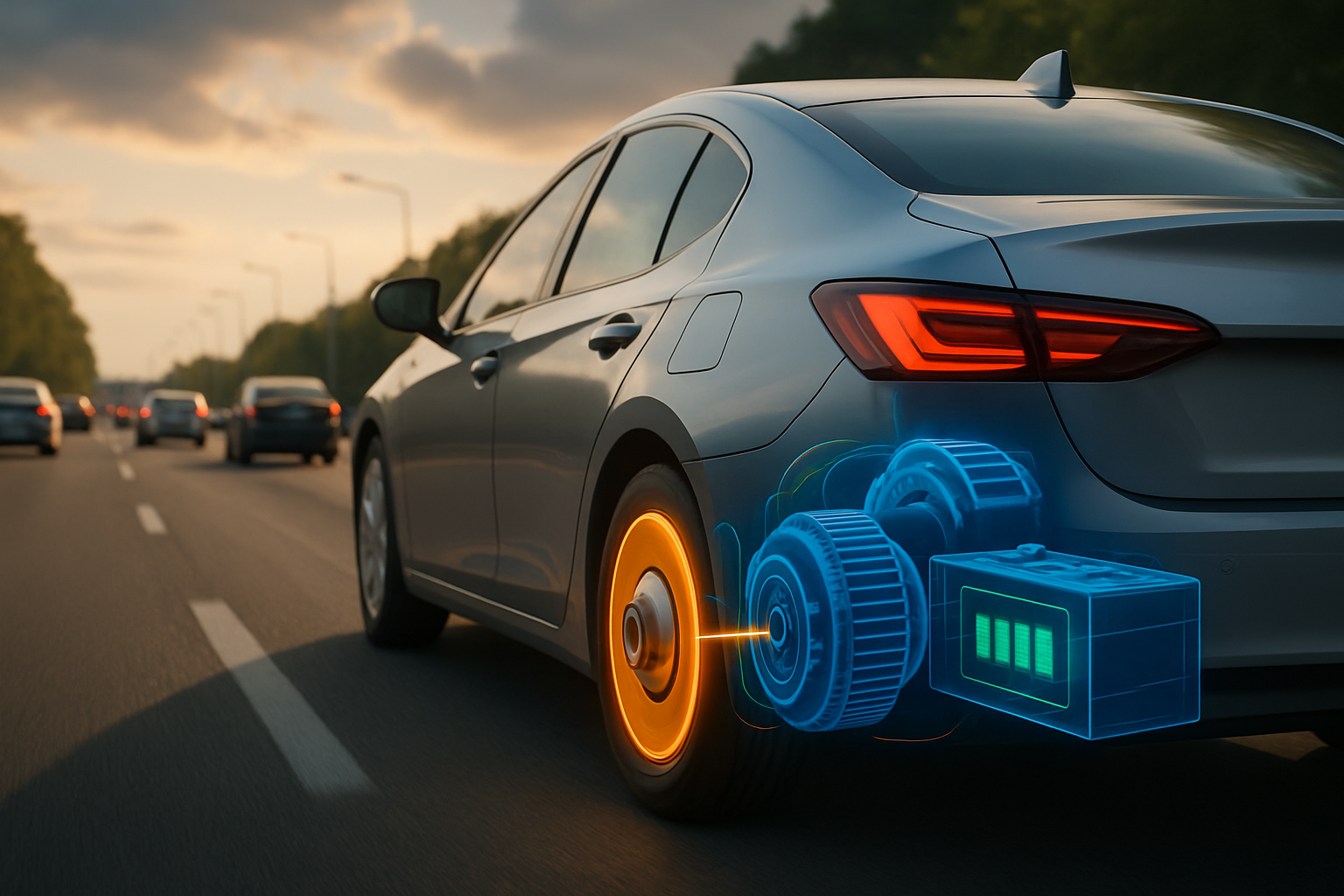Reviews, Family Options, and Fast Charging Solutions
Choosing the right electric car involves considering factors like range, charging options, and budget. Understanding these essentials can help you make an informed decision while exploring sustainable alternatives. This guide offers practical insights to navigate your options responsibly.

The electric vehicle revolution continues to accelerate as automakers invest billions in developing new models across various segments. From compact city cars to luxury SUVs, electric vehicles now come in virtually every shape and size, catering to diverse consumer needs. With improved range capabilities, faster charging times, and falling prices, electric cars are becoming increasingly practical alternatives to conventional internal combustion vehicles for many drivers.
How Do Electric Car Reviews Compare Different Models?
Electric car reviews have evolved significantly as the market has matured. Unlike early reviews that focused primarily on range limitations, modern evaluations consider a comprehensive set of criteria including performance, charging capabilities, interior quality, technology features, and overall value. Professional reviews typically evaluate electric vehicles against both other EVs and comparable gas-powered alternatives.
Consumer reviews often highlight real-world experiences with charging networks, battery degradation over time, and actual energy consumption in various driving conditions. These insights provide valuable perspective beyond manufacturer claims. Additionally, many reviews now include total cost of ownership calculations that factor in purchase price, available incentives, maintenance savings, and energy costs compared to gasoline.
Review aggregators and dedicated EV publications have developed specialized metrics for electric vehicles, such as efficiency ratings (miles per kilowatt-hour), charging curve analyses, and cold-weather performance testing. These specialized evaluation criteria help consumers make more informed decisions based on their specific needs and driving patterns.
What Makes an Electric Car Family-Friendly?
Family-friendly electric cars prioritize interior space, safety features, and practical range for daily family activities. Many electric SUVs and crossovers now offer three-row seating options, matching the passenger capacity of traditional family vehicles. The inherent design advantages of electric powertrains—with batteries typically mounted in the floor—often create more interior space than similarly-sized gas vehicles.
Storage capacity is another crucial consideration for families. Many electric models feature both front and rear cargo areas (sometimes called “frunks” and trunks), providing additional storage flexibility. Family-oriented EVs also typically include multiple charging ports for devices, rear-seat entertainment options, and family-specific features like easy-clean materials and configurable seating arrangements.
Safety ratings for electric vehicles often exceed those of conventional cars due to their lower center of gravity and structural advantages. Many family-oriented EVs include advanced driver assistance systems as standard equipment, with features like automatic emergency braking, lane-keeping assistance, and adaptive cruise control. The quieter operation of electric motors also contributes to a more peaceful cabin environment for family travel.
How Important Are Fast Charging Capabilities in Electric Cars?
Fast charging capabilities have become a decisive factor for many electric vehicle buyers, particularly those who travel frequently or don’t have home charging access. The latest electric models support DC fast charging that can add 100-200 miles of range in approximately 20-30 minutes, making longer trips more practical. Charging speeds are typically measured in kilowatts (kW), with higher numbers indicating faster charging capability.
Different electric vehicles use various fast-charging standards, including CCS (Combined Charging System), CHAdeMO, and Tesla’s Supercharger network. The charging architecture of the vehicle determines maximum charging speeds, with some entry-level models limited to 50kW while premium models can accept 150-350kW. Battery temperature management systems also significantly impact charging performance, with sophisticated cooling systems enabling sustained high-speed charging.
The actual charging experience depends on both the vehicle’s capabilities and the charging station’s power output. Many newer electric vehicles feature route planning systems that automatically schedule charging stops and precondition the battery for optimal charging speeds. For daily use, most owners rely on slower home charging overnight, using fast charging primarily for longer journeys.
Electric Vehicle Comparison: Family Models with Fast Charging
When comparing family-friendly electric vehicles with fast charging capabilities, several models stand out for their combination of practicality and charging performance. The following table highlights key specifications of popular family-oriented electric vehicles:
| Model | Range (EPA) | Fast Charging Rate | Seating Capacity | Starting Price |
|---|---|---|---|---|
| Tesla Model Y | 330 miles | Up to 250kW | 5-7 | $43,990 |
| Hyundai IONIQ 5 | 303 miles | Up to 235kW | 5 | $41,450 |
| Kia EV9 | 304 miles | Up to 230kW | 7 | $54,900 |
| Volkswagen ID.4 | 275 miles | Up to 170kW | 5 | $38,995 |
| Ford Mustang Mach-E | 312 miles | Up to 150kW | 5 | $42,995 |
Prices, rates, or cost estimates mentioned in this article are based on the latest available information but may change over time. Independent research is advised before making financial decisions.
What Should Buyers Consider When Evaluating Electric Cars?
Prospective electric vehicle buyers should consider several factors beyond the initial purchase price. Home charging installation costs typically range from $500 to $2,000 depending on electrical requirements and complexity. Many regions offer incentives that can significantly reduce purchase costs, including federal tax credits, state rebates, and utility company programs.
Maintenance requirements for electric vehicles differ substantially from conventional cars. EVs generally require less routine maintenance with no oil changes, fewer brake replacements (due to regenerative braking), and simpler drivetrain components. However, tire replacement may occur more frequently due to the higher weight and instant torque of electric vehicles.
Battery longevity remains a common concern for potential buyers. Most manufacturers offer battery warranties of 8-10 years or 100,000-150,000 miles. Real-world data from high-mileage electric vehicles suggests that modern lithium-ion batteries typically retain 70-80% of their original capacity after 100,000 miles, though this varies by model and usage patterns.
Electric vehicles continue to evolve rapidly, with each new generation offering improvements in range, charging speed, and features. While early adoption comes with certain compromises, the expanding charging infrastructure and growing model selection make electric cars increasingly viable options for diverse driving needs and family requirements.




